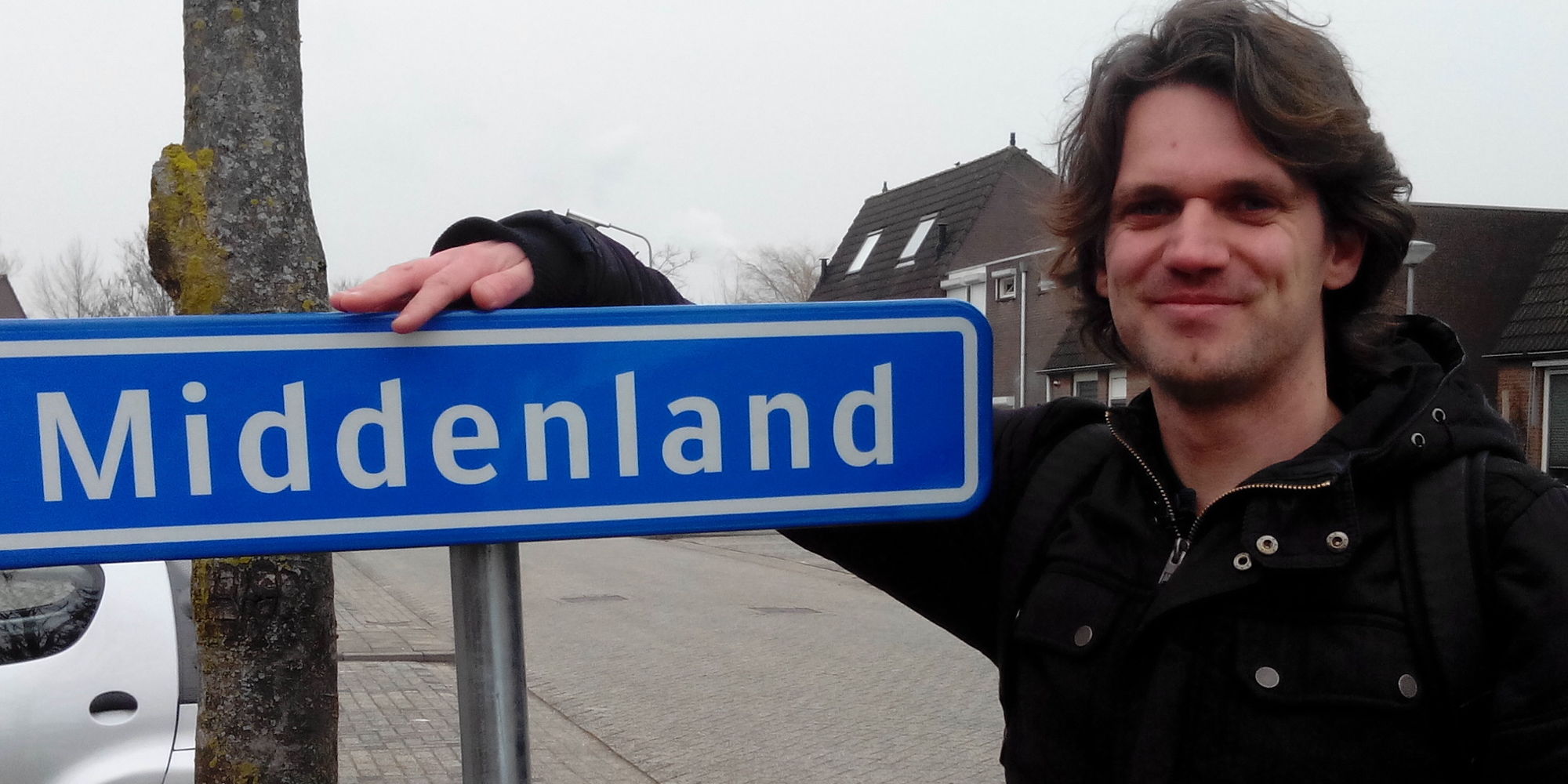Exploring the CSS theme of prosperity on Monday, June 21, Josse de Voogd was our online Table Guest. Josse is an independent electoral geographer who has been writing about spatial planning, regional diversity and inequality in the Netherlands for years now. He also regularly appears in the national media to shine his light on the outcome of elections.
What did we discuss?
Public opinion often speaks in extremes when it comes to the various regions that make up The Netherlands. Because editors of the national media mainly live in the conglomerate of major cities known as the Randstad, this area—and especially Amsterdam—is usually taken as a benchmark. When attention is paid to other areas of the country, frequently other extremes are considered, such as the south of the province of Limburg, or the eastern parts of the province of Groningen. In terms of election results, those are all interesting places, but they are not where the most important decisions are made! The majority of the Dutch electorate lives in medium-sized municipalities such as Schagen or Etten-Leur. Collectively they can be referred to as the ‘midlands.’
This Randstad bias shows itself not only in electoral geography, but also in diversity issues. Think, for instance, of the University of Amsterdam’s efforts to bring its student population more in line with that of the city of Amsterdam. After all, in Amsterdam the number of students with a non-Western migration background is proportionally already much greater than the number of academically inclined secondary school pupils with the same background.
What may we conclude?
Public opinion and science are often affected by a Randstad bias. Not only does this distort the facts, it also creates unnecessary polarization between the Randstad and ‘the provinces.’ The two are pitted against each other, even though the geographical distribution of Dutch people is many times more diverse than that. Indeed, most people do not live in either one of these two places, but in the ‘midlands.’ The task for science is therefore to pursue ‘geo-neutrality.’ The factual and nuanced study of regional differences can contribute to a more objective social science and a less polarized political landscape.
